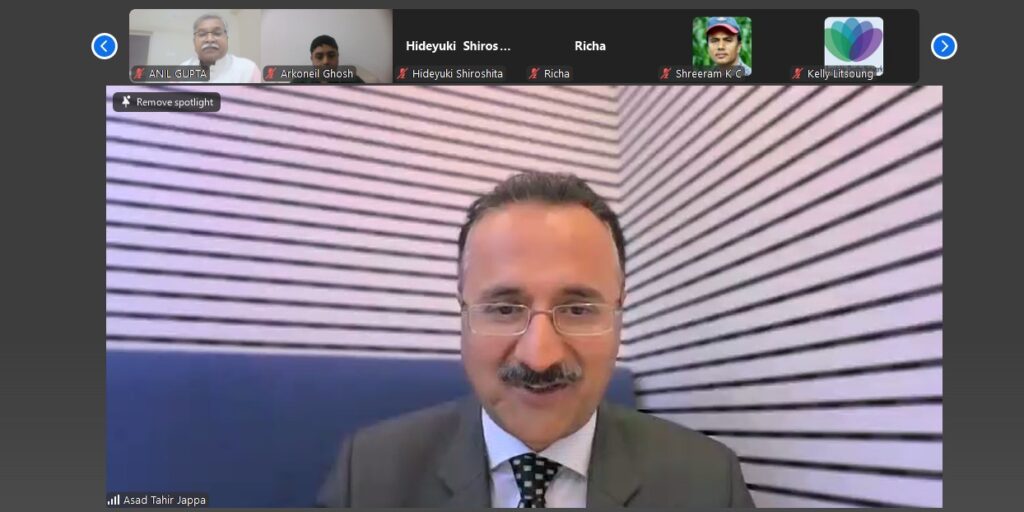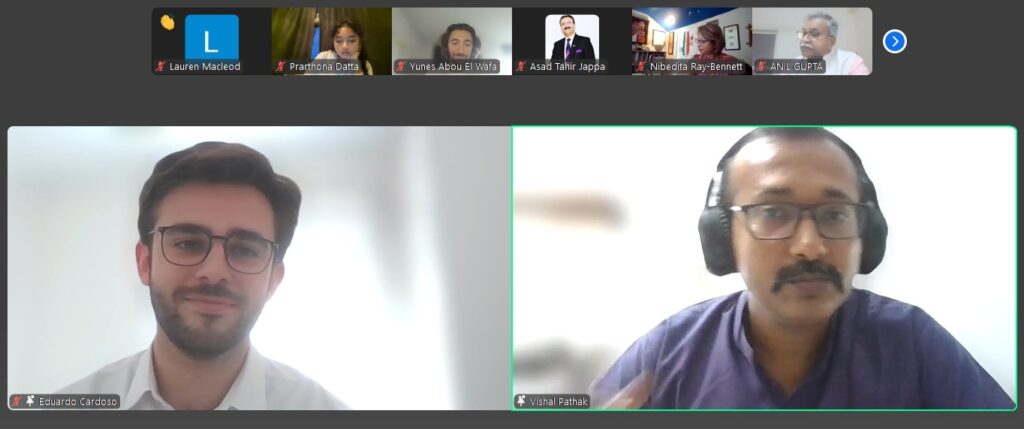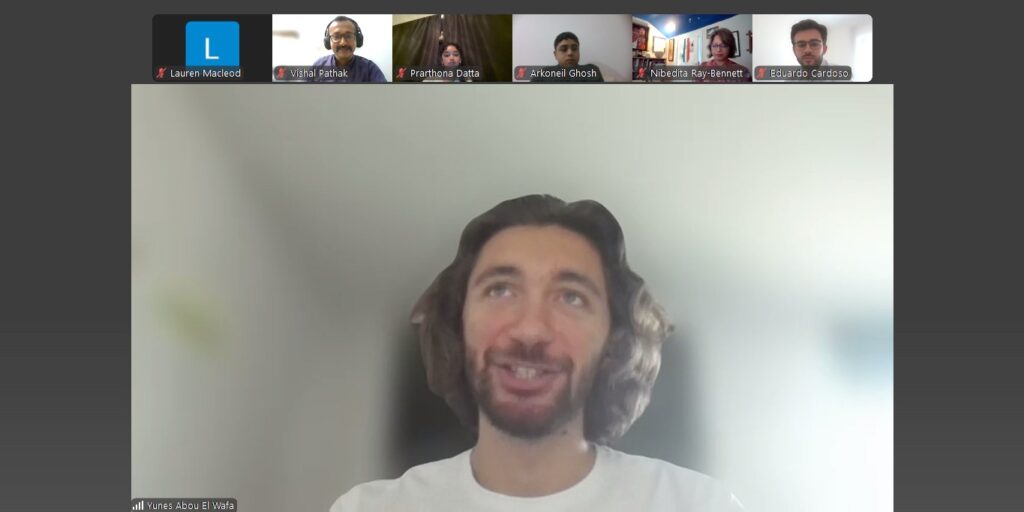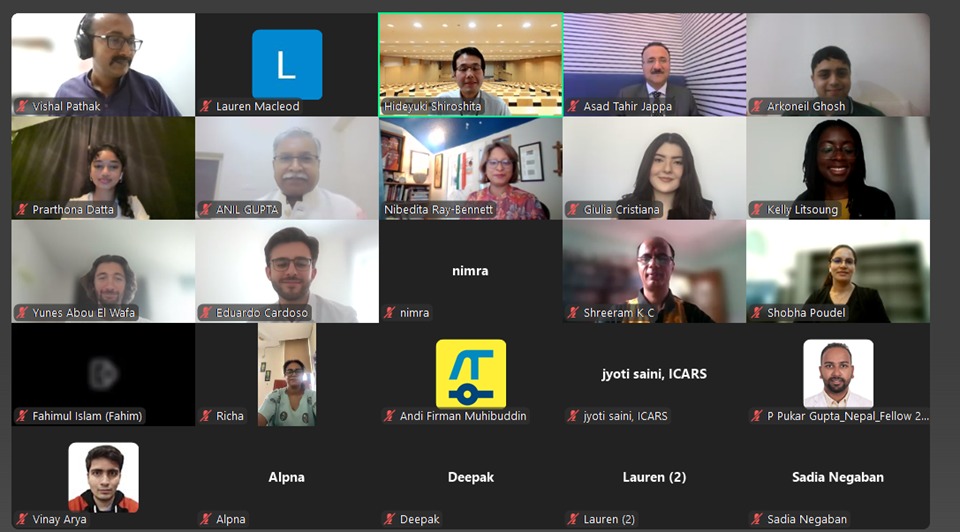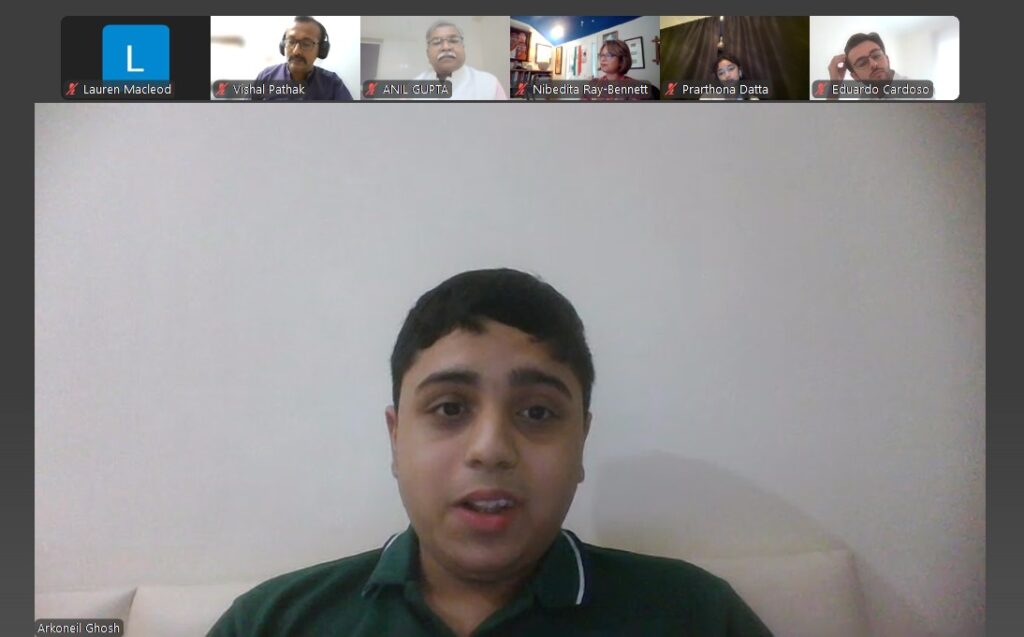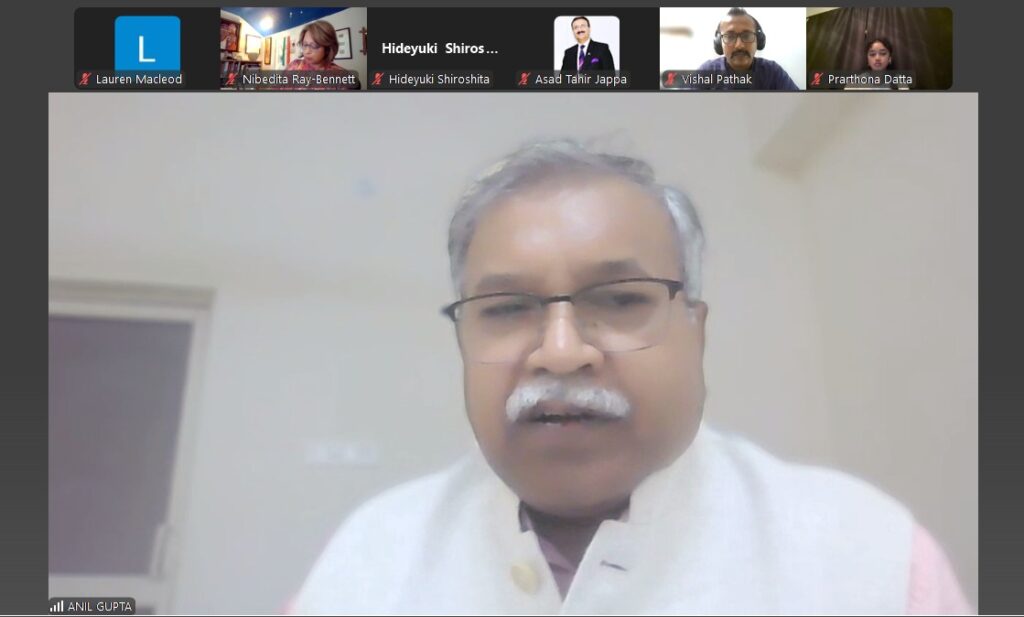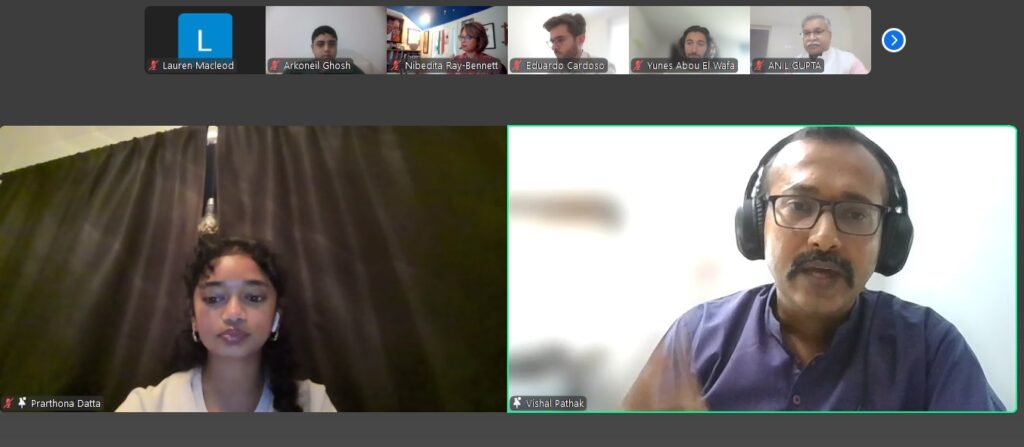DESCRIPTION
Date: 10 July 2025, Thursday
Time: 11:00 – 12:30 BST/ GMT+1 (UK)
In 2024, disaster loss and damage encompassed 16,141 deaths, 166.3 million affected people, and $223.8 billion USD from the 373 climate-related natural hazard events which consisted of droughts, extreme temperatures, floods, mass movements, storms and wildfires (CRED, 2025).
The World Meteorological Organisation’s latest Atlas of Mortality and Economic Losses (WMO, 2023) reported that the frequency of weather-, climate-, and water-extremes are on the rise globally. These hazards have claimed millions of lives and significantly stalled social and economic progress. As more countries face severe socioeconomic consequences, building resilience to these events is becoming critically important.
From 1970 to 2021, floods were the most common type of weather-, climate-, and water-disaster worldwide (WMO, 2023). However, tropical cyclones caused the most deaths and economic damage. The true financial toll might be far greater, as economic losses were only reported for 37% of these disasters. Furthermore, high-income countries accounted for 60% of the recorded economic losses (WMO, 2023).
Disaster loss and damage, as such, has been one of the most important climate change negotiation discussions encompassing the Cancún Adaptation Framework of COP16; Paris Agreement’s Article 8 on ‘Loss and Damage’ of COP21, Warsaw International Mechanism for Loss and Damage of COP19, inclusive of the Santiago Network; Glasgow Climate Pact of COP26; and Loss and Damage Fund for vulnerable countries of COP27 (UNEP, 2022; UNFCCC, 2022).
The disaster loss and damage debate is vital to the UN’s Sendai Framework for Disaster Risk Reduction 2015-2030 aim for “substantial reduction of disaster risk and losses in lives, livelihoods and health” and several Sustainable Development Goals (including 1, 2, 3, 7, 13 and 17).
As a global-local membership network of 900+ experts, practitioners, and researchers in 94 countries, the Avoidable Deaths Network (ADN) is motivated by the desire to reduce avoidable disaster deaths. ADN engages in cutting-edge, evidence-based research, public engagement and capacity-building programmes. Our initiatives focus on preventing human deaths from natural-hazard disasters in low- and middle-income countries, supporting the Sendai Framework’s first two global targets, and empowering policymakers, practitioners, and vulnerable communities to make informed decisions that save lives.
This highly topical and timely Special Session organised by the ADN addresses Disaster Loss and Damage from the Perspective of Future Leaders. The session will take place on 10 July 2025 at 11:00 – 12:30 BST/ GMT+1 (UK) and will be chaired by experts in disaster loss and damage, Professor Anil Kumar Gupta (Professor of Policy-Strategies and Capacities, Indian Institute of Technology (IIT), Roorkee) and Mr. Vishal Pathak (Consultant, All India Disaster Mitigation Institute (AIDMI); Regional Coordinator and Case Station Lead, ADN).
This Special Session will bring unique insights as it is organised and delivered by Future Leaders. They are ‘individuals who bring change to enrich life standards and communities’ abilities to manage risks, crises, disaster and development through social influence’ and have skills in ‘critical thinking, problem solving, listening, effective communication, adaptability, sense making and learning’ (Corsel et al., 2023: 39).
The insights of ADN Future Leaders are especially valuable as they reflect current challenges, emerging approaches, and context-specific knowledge from diverse settings that might otherwise go underrepresented in technical discussions.
The webinar will be delivered by a panel of five ADN speakers in addition to our Chairs. They are Mr. Asad Tahir (ADN – Pakistan, University of Leicester), Miss Prarthona Datta (ADN – Canada), Master Arkoneil Ghosh (ADN – India), Mr. Yunes Abou El Wafa (ADN, University College Dublin), Mr. Eduardo Cardoso (ADN, SAFER-Odisha).
The panel discussion will focus on the challenges and opportunities of traditional and evidence-based methodology to mitigate loss and damage. Also, it will bring everyday stories of climate-affected children, small businesses and farmers’ struggle of recurrent loss and damage from natural-hazard related disasters and mitigation measures. We invite all those interested in deepening their understanding of loss and damage to join us for this exchange of ideas and perspectives by registering below.
Description of the Special Session was written by Ms. Lauren MacLeod, Mr. Yunes Abou El Wafa and Professor Nibedita S. Ray-Bennett. For references, see Concept Note PDF.
CHAIRS
Professor Anil Kumar Gupta

Professor of Policy-Strategies and Capacities, Indian Institute of Technology, Roorkee
Mr. Vishal Pathak

Senior Coordinator, All India Disaster Mitigation Institute.
Regional Coordinator and Case Station Lead, Avoidable Deaths Network (ADN).
HOUSEKEEPING
Ms. Giulia Cristiana
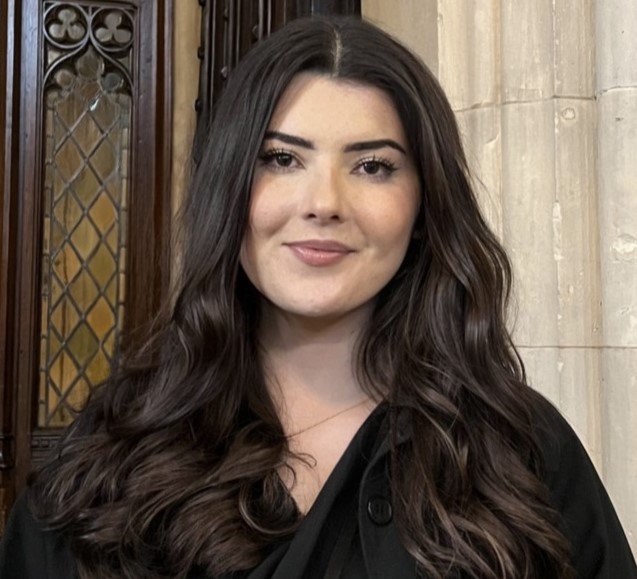
Ms. Giulia Cristiana, a Leicester Economics BSc graduate, is the founder and Vice-President if the Sustainable Leadership Forum. At ADN, she leads the campaign on plastic awareness and highlights the danger of plastic mismanagement and its accumulation in the Global South.
SPEAKERS
Mr. Asad Tahir Jappa

Asad is the founder president of the Sustainable Leadership forum. He is a dynamic civil servant with over 20 years of experience in various public and private sector organizations, including international NGOs and donors. Holding an LLB and a Master’s in English Literature, he is an internationally certified facilitator and prolific writer, he regularly contributes to national newspapers and has authored two bestselling books.
Mr. Eduardo Cardoso
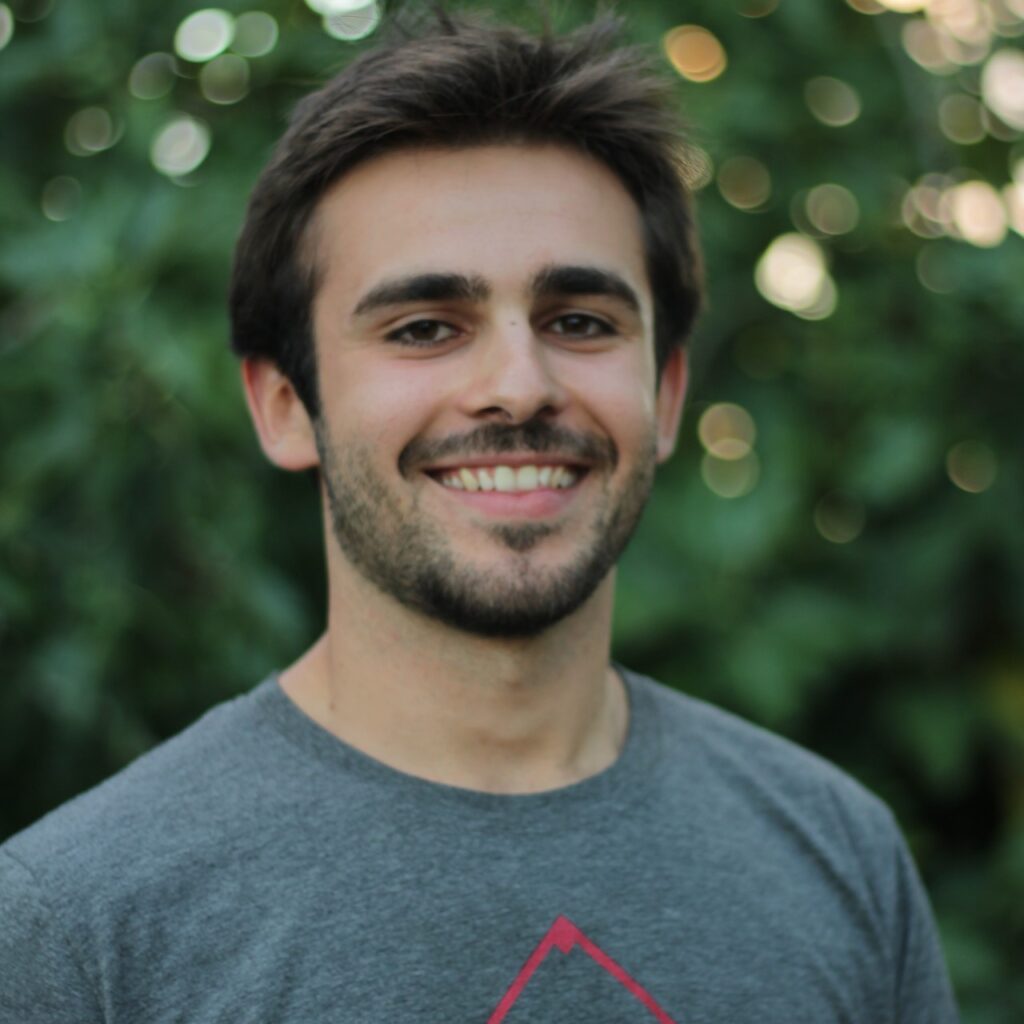
Eduardo co-leads ‘SAFER ODISHA – Securing Agriculture from Environmental Risks,’ an initiative to protect rural Odisha’s agriculture from climate change. He holds a BSc in Political Science from ISCTE – University Institute of Lisbon and an MSc in International Economics and European Studies from ISEG – Lisbon School of Economics and Management. His thesis explored the impact of climate change on developing countries and their economic vulnerability.
Mr. Yunes Abou El Wafa
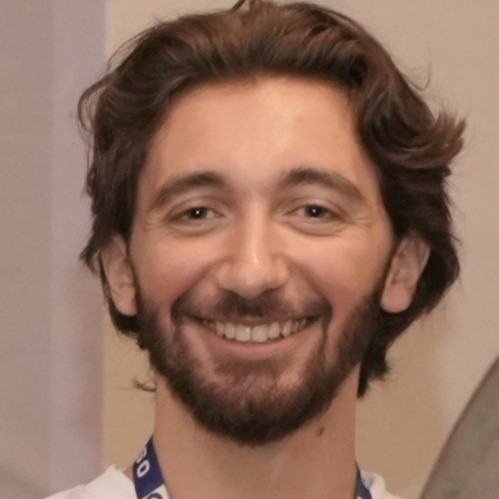
Yunes co-leads “SAFER ODISHA – Securing Agriculture from Environmental Risks,” focusing on a community-led approach to climate resilience in rural Odisha. With a Bachelor of Engineering in Rescue Engineering from the University of Applied Sciences Cologne, he has experience in civil protection, emergency response, and disaster risk reduction, particularly in drinking water security and emergency supply in Germany.
Miss Prarthona Datta

Prarthona Datta is a second-generation racialized youth studying at the University of Calgary in Calgary,a. Her areas of interest include youth actions to build climate change resilience, children’s land-based learning activities, youth-led cross-cultural community gardens, and land-based arts activities (dance, music, and art).
Mr. Arkoneil Ghosh

Arkoneil Ghosh, currently studying at Neev Academy in Bangalore, boast proficient in English, Spanish, Hindi, Bengali, and Chinese, with basic skills in Japanese. Passionate about coding, he works on projects educating underprivileged children in Dharavi, Mumbai. Since 2020, he has been a Junior Champion with ADN, raising awareness about preventable deaths.
PRESS
IMPACT
‘This is great session and being first time attend, how can I join the network and learn more from the network ? ‘
‘Thank you for this wonderful session.’
Poll Results
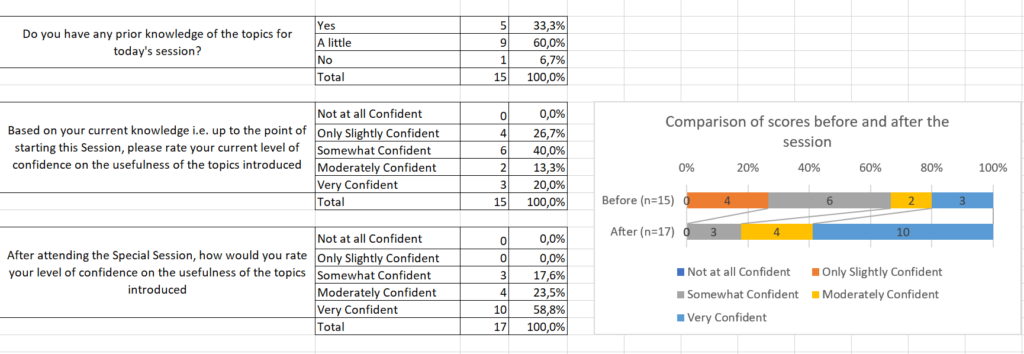
Participants
The event has attracted 60 registered participants.
RECORDING
PHOTOS
